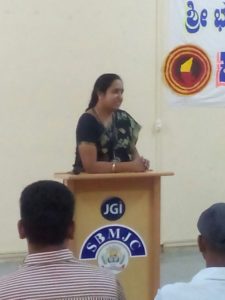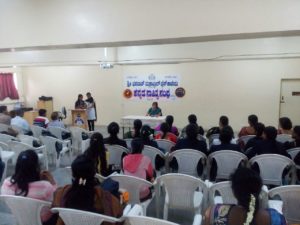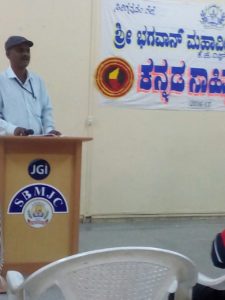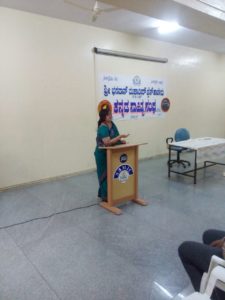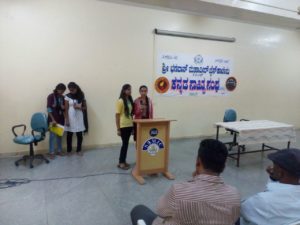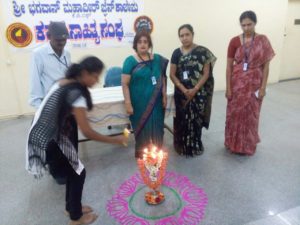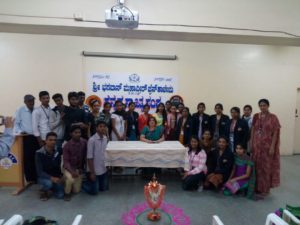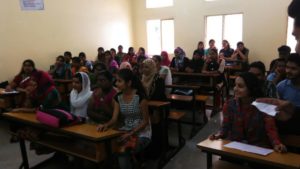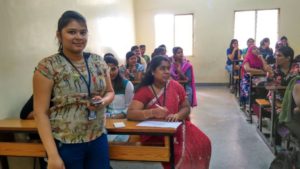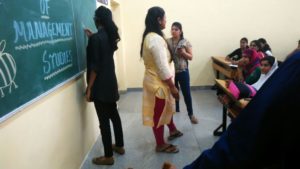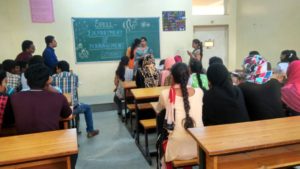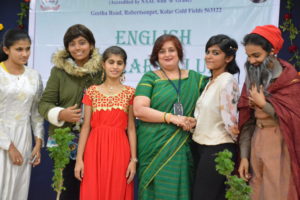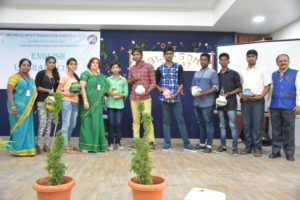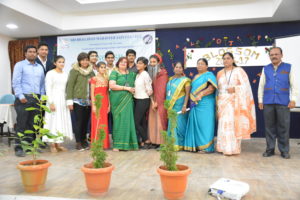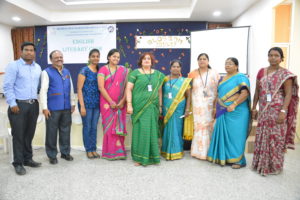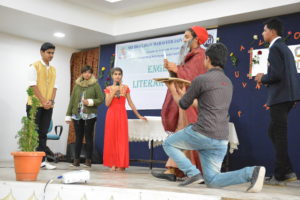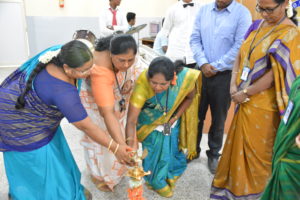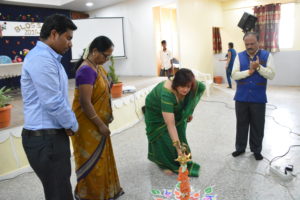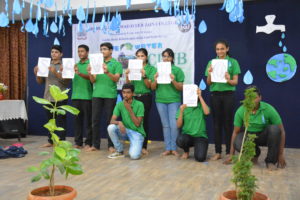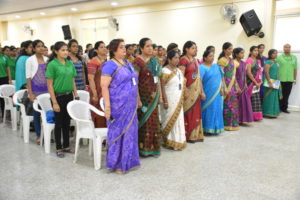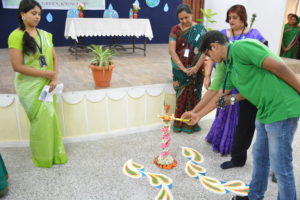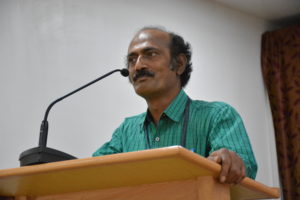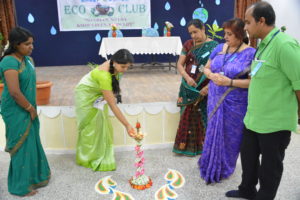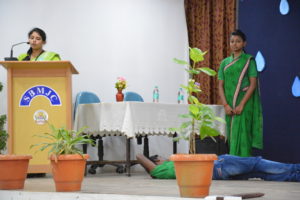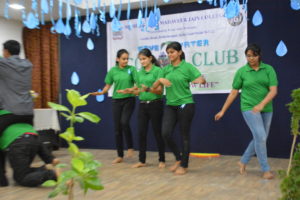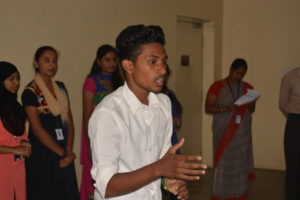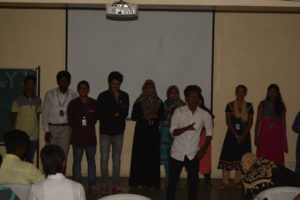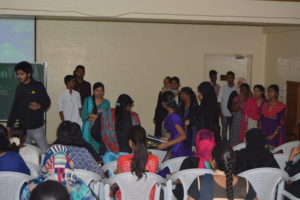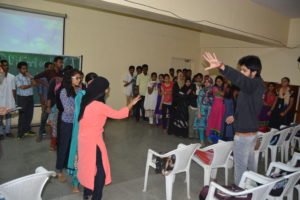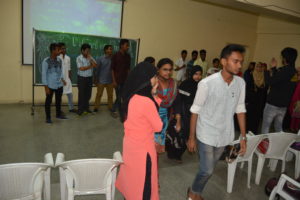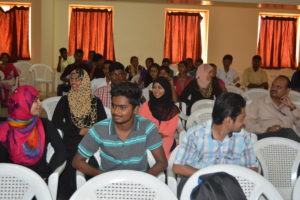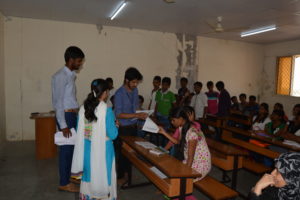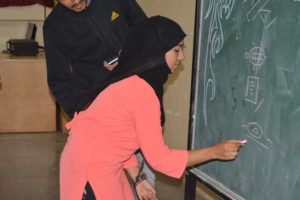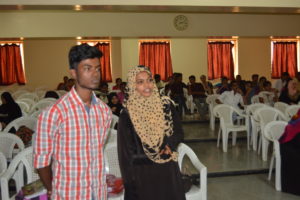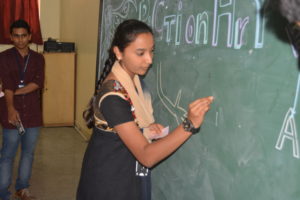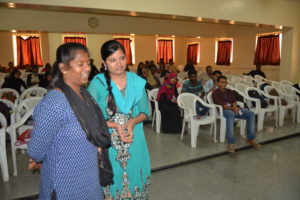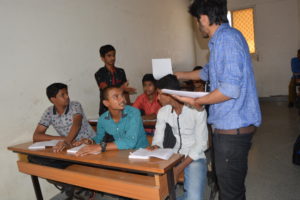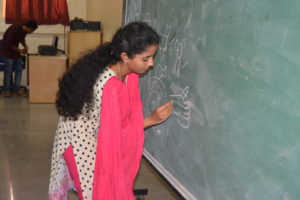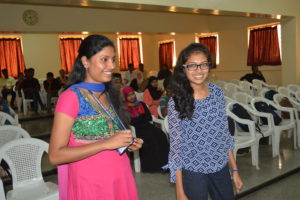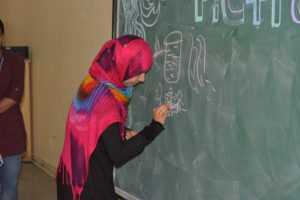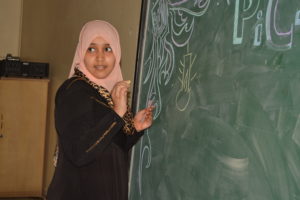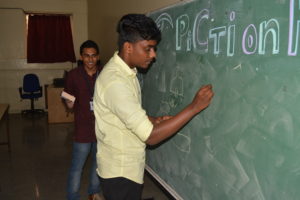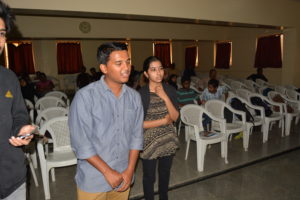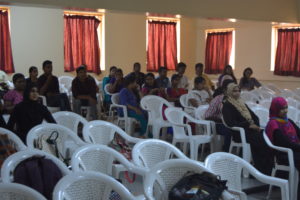KANNADA also known as Canarese or Kanarese is a Dravidian language spoken predominantly by Kannada people in South India, mainly in the state of Karnataka, and by linguistic minorities in the states of Andhra Pradesh, Telangana, Tamil Nadu, Maharashtra, Kerala, and Goa. The language has roughly 40 million native speakers. who are called Kannadigas (Kannaḍigaru), and a total of 50.8 million speakers according to a 2001 census. It is one of the scheduled languages of India and the official and administrative language of the state of Karnataka.
The Kannada language is written using the Kannada script, which evolved from the 5th-century Kadamba script. Kannada is attested epigraphically for about one and a half millennium, and literary Old Kannada flourished in the 6th-century Ganga dynasty and during the 9th-century Rashtrakuta Dynasty. Kannada has an unbroken literary history of over a thousand years.
Based on the recommendations of the Committee of Linguistic Experts, appointed by the ministry of culture, the government of India designated Kannada a classical language of India. In July 2011, a centre for the study of classical Kannada was established as part of the Central Institute of Indian Languages at Mysore to facilitate research related to the language.
The Aim of Kannada Sahitya Sangha is to:
- To develop ideas to promote unity and co-operation among Kannada speakers spread across different regions.
- To develop suggestions for a common written Kannada which had diversified across different regions
- To ensure that students learning Kannada language use a common textbook
- To improve the general knowledge among the Kannada speaking population by publishing appropriate books.
- To produce appropriate Kannada translations for words used in other languages, especially the scientific words.
